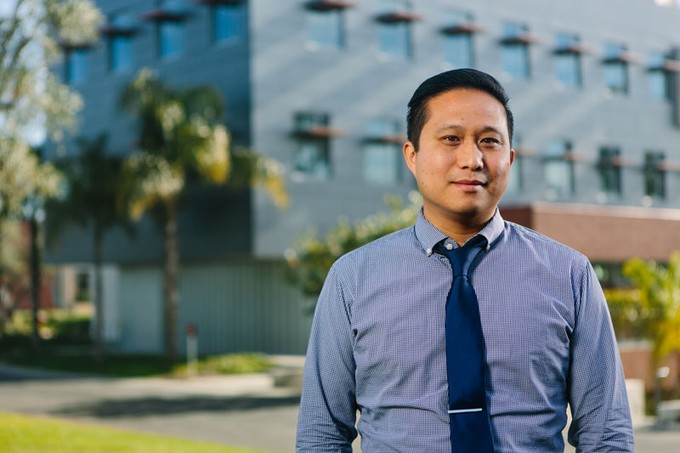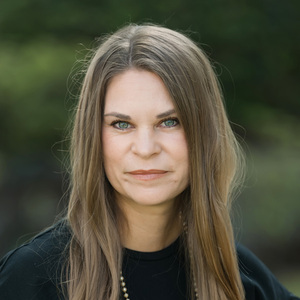
How does going to seminary actually grow a person’s character? Rosemead School of Psychology professor David Wang is trying to answer just that. After being awarded a $217,000 planning grant from The John Templeton Foundation, Wang and a team of researchers are set to study the relationship between spiritual development and character development.
“We’re asking if there is a relationship between virtue and different markers of spiritual maturity, such as biblical knowledge,” Wang said. “Are such people in fact more humble, more forgiving, more courageous? And what got missed for the seminarians who are A students, and yet suffer from shortcomings in their character?”
In recent decades, there has been a call for theological education to focus more deliberately on aspects of character development that transcend mere academic preparation. However, despite the recent proliferation of spiritual and character formation training within seminary programs, there are no widely agreed-upon models for implementing and assessing such training, Wang said.
“If you think about the reach and significance of our project, there is potential for significant real-world impact because if we can establish some sort of best-practice guidelines on how to support and cultivate spiritual development at our seminaries, it could really make a difference in churches, missions organizations, nonprofits, etc.,” Wang said.
Throughout the planning grant, which began in February 2016 and will conclude in August 2017, Wang and co-investigators — including professors Pete Hill of Rosemead, Steve Porter of Rosemead and Biola’s Talbot School of Theology, Mark McMinn of George Fox University and Steven Sandage of Boston University — have convened to discuss various seminaries’ approach to spiritual and character formation. They’ve also consulted with leaders from seminaries that will participate in the proposed study, such as Talbot, Fuller Theological Seminary, Princeton Theological Seminary, Southern Baptist Theological Seminary, Trinity Evangelical Divinity School and others.
The 18-month planning grant is the first of three planned phases for Wang’s research. Assuming continued funding is granted by the Templeton Foundation, a 20-month pilot phase of the project will begin this summer, during which the team will develop a robust assessment tool and pilot it at three to four seminaries. From there, the team would proceed with a full three-year research project from 2019 to 2022, where they would launch the assessment tool in several seminaries throughout North America, helping them to better assess student outcomes.
 Biola University
Biola University
.jpg)

